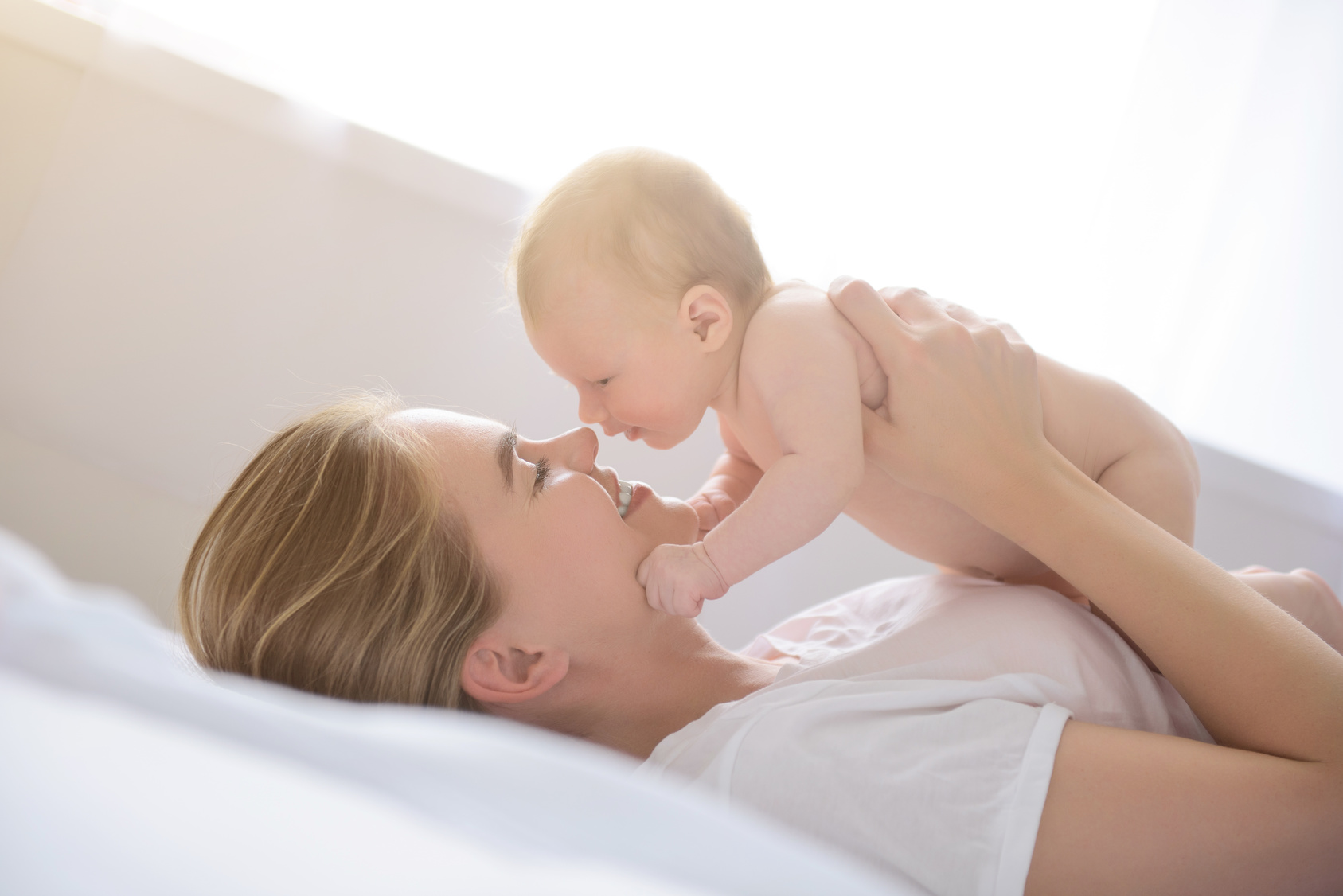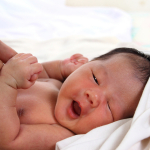During pregnancy, a woman develops increasing sensitivity and responsiveness to infants’ distress. If depression during pregnancy occurs, this process may be disrupted. Various studies are shown that women with depression are less responsive to an infant’s distress. The major concern is that this diminished responsiveness may persist as long as one year after the child is born, and when it persists, it may negatively affect the child. Decreased responsiveness of the mother to the infant’s cues may lead to emotional, cognitive and developmental problems in the child later on.
Various studies have attempted to increase maternal responsiveness in depressed mothers, but they have relied on interventions which take place after the child is born. In a recent pilot study, investigators examined the impact of cognitive-behavioral therapy (CBT) for depression administered during pregnancy on maternal responsiveness.
The participants were 24 women meeting criteria for ICD-10 depression between 8 and 18 weeks of gestation. At entry into the study, the women completed an attentional bias task. Women with depression displayed less attentiveness to distressed versus non-distressed infant faces when compared to 51 non-depressed pregnant controls.
The depressed women (n=24) were randomized to receive CBT plus usual care or usual care alone. CBT consisted of 9 to 12 individual weekly sessions at the woman’s home. The intervention included modules for behavioral activation (BA), cognitive restructuring (CR), and interpersonal support (ISS), with a focus on issues relevant to pregnancy and the transition to motherhood. Usual care involved perinatal care by a midwife and general practitioner, with referral to mental health services as needed.
Compared to the women in the usual care group, the women in the CBT group reported greater reductions in their depressive symptoms. On the attentional bias task, those receiving CBT differed significantly from those receiving usual care. The CBT group improved in responsiveness to the level of the non-depressed control group, whereas the usual care group exhibited even lower levels of responsiveness to distressed infant faces than observed at entry into the study. In the group overall, a reduction in depressive symptoms was strongly correlated with improved responsiveness to infant distress.
Although preliminary in nature, these findings suggest that, following treatment with CBT for depression, not only is there a reduction in the level of depressive symptoms, there is an improvement in the mother’s capacity to respond to her infant’s distress.
Ruta Nonacs, MD PhD
Pearson RM. O’Mahen H, Burns A, et al. The normalisation of disrupted attentional processing of infant distress in depressed pregnant women following Cognitive Behavioural Therapy. J Affect Disord 2012 Aug 9.








Leave A Comment